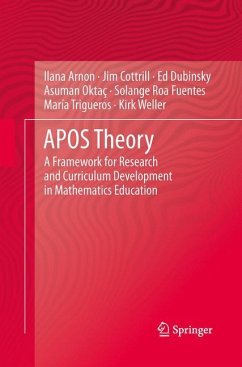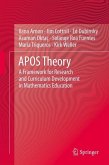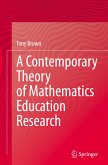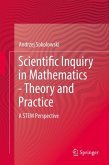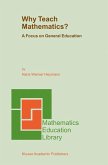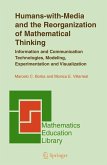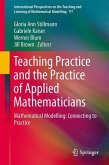In spite of the fact that APOS Theory has been used extensively in numerous scholarly publications, in the design of textbooks, and in teaching practice, there is no single references that contains all the relevant information about its components, and provides guidance about its application. The goal of this book is to present the main elements of APOS theory. It should be useful for researchers who work with, or would like to learn more about, this theoretical approach, people who are interested in the way which mathematical conceptions are constructed according to this theory, Mathematics Education researchers, graduate students in Mathematics Education, and Mathematics instructors.
"This book is clearly intended to persuade researchers to consider adopting an APOS-based approach. ... the authors describe APOS theory as a Kuhnian paradigm, and set out to explain the paradigmatic questions, assumptions, and methods that within-paradigm researchers adopt. ... In sum, for a reader interested in understanding APOS theory, this is an excellent book. It lays out APOS's theoretical assumptions and standard research methods with clarity and precision, and it gives helpful examples of research conducted within the programme." (Matthew Inglis, International Journal of Research in Undergraduate Mathematics Education, Vol. 1, 2015)

